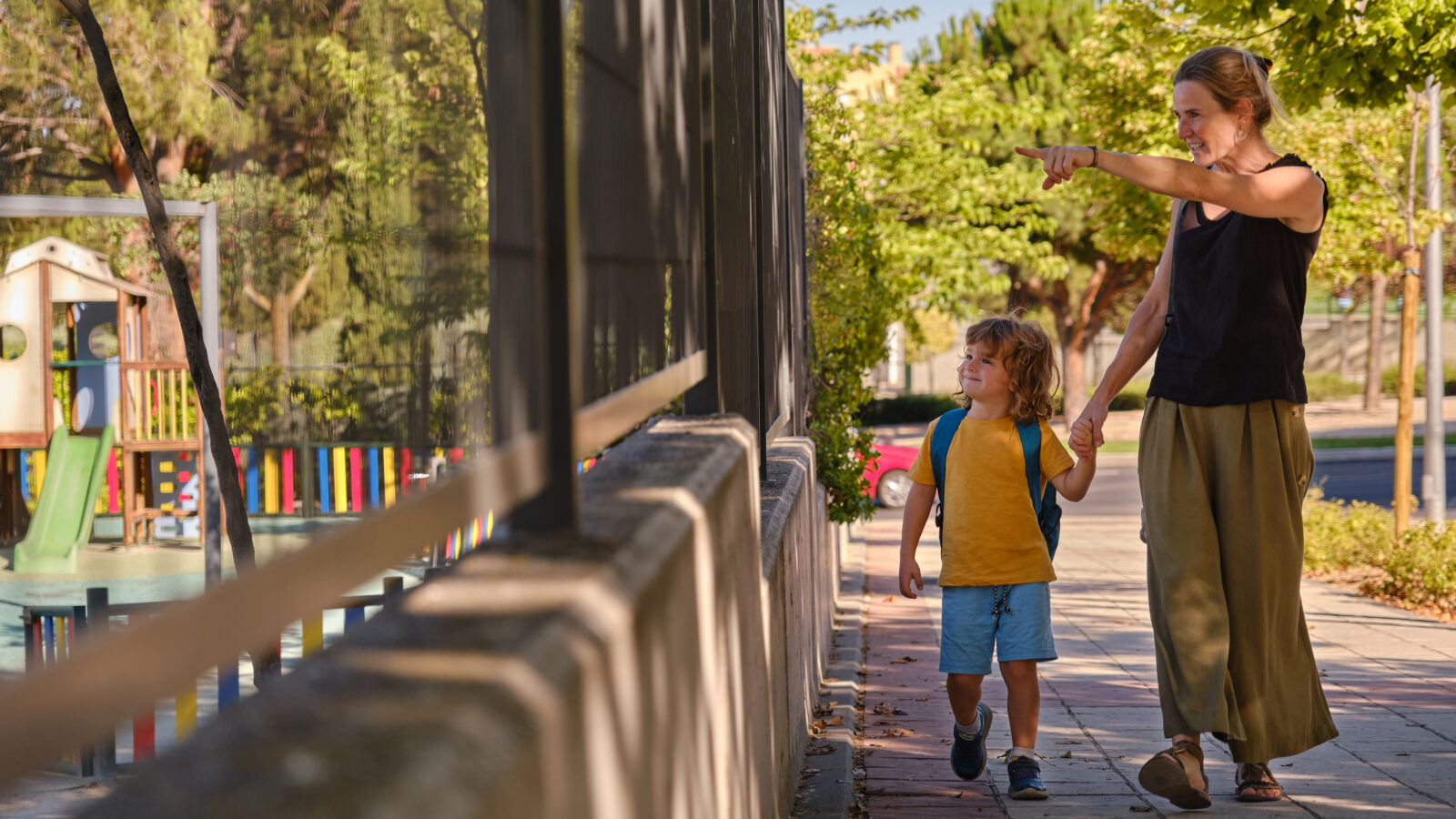Surviving Summer

During summer months and when K-12 schools are closed, families can be overwhelmed by the idea of filling their children’s days, especially when they are already without early childhood education for their younger children. However, with a bit of planning and taking advantage of some of the resources and activities available in your community or even online, your family can make it a summer to remember. And, if you have younger children, you can utilize these resources year-round.
Stick to a Routine
There are two major advantages to setting a summer routine where the family wakes up at the same time every day, meals are at set times, nap or quiet time is at the same time, and there is a predictable bedtime.
Firstly, children thrive on routine, and it will also give you a consistent structure to stick to. Secondly, if your children are getting enough sleep, they’re likely to be in better moods. If you let bedtimes and wake-up times slide, it may be much harder to have fun and do activities together as a family.
A lack of structure can also result in children developing unhealthy habits, such as spending more time indoors in front of the TV or computers or snacking more than necessary.
Create Camps at Home
If you opt out of enrolling your children in camp or don’t have your younger children enrolled in an early learning facility, you can create your own camps which are just as fun as any day or sleep-away camp. For example, involve your children in the planning, and take a calendar and block off weeks where you’ll do specific activities, such as sports, crafts, or cooking.
Place the calendar where your kids can see it (there’s nothing like building up excitement), so they can look forward to each week’s activities, and it will also help you and your family to remember to find a recipe or pick up supplies. For example, here’s a quick guide to making chalk paint, which just needs chalk and water and will supply hours of (easily washable) fun outside.
In the evenings, think about having a s’mores night, a campout, a talent show night, or a movie night. You can also involve other families and friends in your neighborhood to give you and your children the opportunity to socialize.
Learning Activities and Resources
Families can find resources, programs (virtual and in-person), and activities on the Discover Summer site, based around 2023’s themes of Love of Literacy & Learning, Amazing Art, Wonders of Wellness, Health & Sports, STEM, and Community & Leadership. The National Summer Learning Association has many resources dedicated to keeping kids learning, safe, and healthy.
There are many activity sheets available online that you can download, with everything from chore charts to earning screen time. If you need ideas for arts and crafts, look no further for tips on making everything from toilet paper roll bees to paper plate ladybugs.
Libraries often hold a summer reading challenge, where your child will have the chance to get free books or prizes. The Association for Library Service to Children offers summer reading lists for children through 8th Grade, including one for birth through pre-school children. Libraries also tend to have amazing activities year-round, such as story time and know that most have computers and printers where families can access online resources either free or at a minimal cost.
Don’t feel like you have to fill every moment. It isn’t a competition for having the most activities completed. It’s a chance for you to spend some time connecting, making memories, and giving them experiences to help them learn and thrive.




